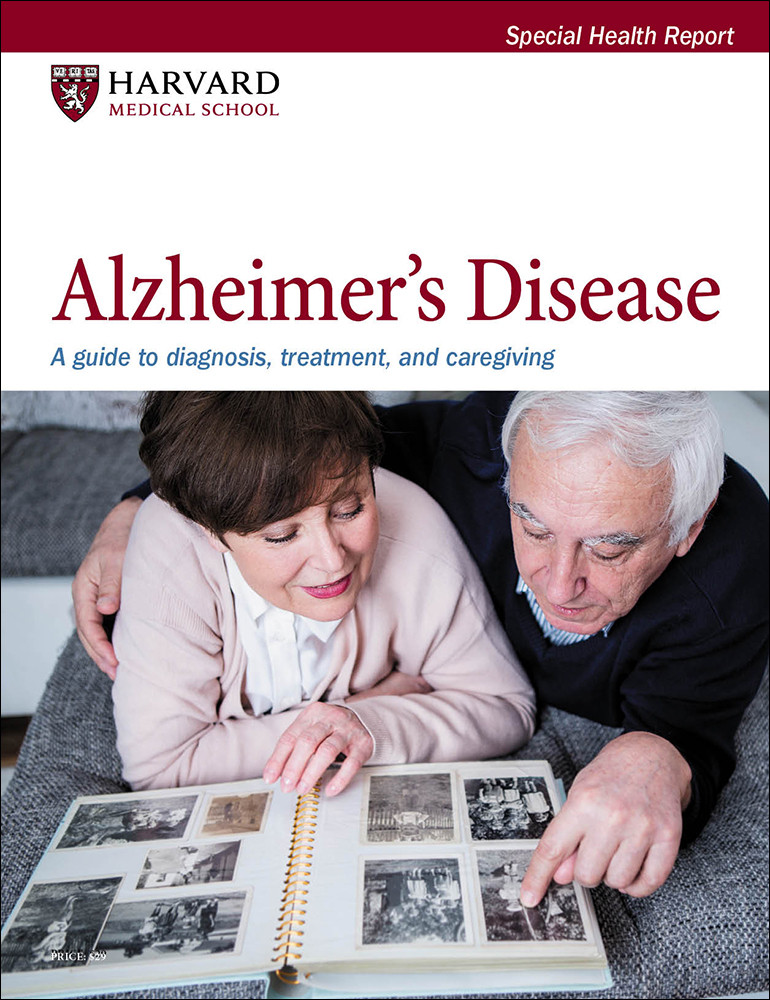Falling for financial scams may signal Alzheimer's risk
Research we're watching
- Reviewed by Toni Golen, MD, Editor in Chief, Harvard Women's Health Watch; Editorial Advisory Board Member, Harvard Health Publishing; Contributor
 Older adults who fall for financial scams may be more likely to show brain changes associated with a higher risk of Alzheimer's disease, according to an analysis published in the September 2024 issue of the journal Cerebral Cortex.
Older adults who fall for financial scams may be more likely to show brain changes associated with a higher risk of Alzheimer's disease, according to an analysis published in the September 2024 issue of the journal Cerebral Cortex.
The study involved 97 people ages 52 to 83 (average age 69, 76% women), none of whom showed signs of cognitive impairment. Researchers used MRI scans on each to measure the thickness of the entorhinal cortex, a brain region that's often the first to show changes related to Alzheimer's and typically thins as the disease progresses. Researchers also used a standardized tool called a Perceived Financial Exploitation Vulnerability Scale to assess participants' financial awareness and susceptibility to poor financial decisions, which they called "financial exploitation vulnerability," or FEV.
Comparing participants' FEV scores with the thickness of their entorhinal cortex, the researchers found that those more vulnerable to financial scams had a thinner entorhinal cortex. Assessing older adults' financial vulnerability could help identify those who are in the early stages of cognitive impairment, study authors said.
Image: © 1shot Production/Getty Images
About the Author

Maureen Salamon, Executive Editor, Harvard Women's Health Watch
About the Reviewer

Toni Golen, MD, Editor in Chief, Harvard Women's Health Watch; Editorial Advisory Board Member, Harvard Health Publishing; Contributor
Disclaimer:
As a service to our readers, Harvard Health Publishing provides access to our library of archived content. Please note the date of last review or update on all articles.
No content on this site, regardless of date, should ever be used as a substitute for direct medical advice from your doctor or other qualified clinician.
















